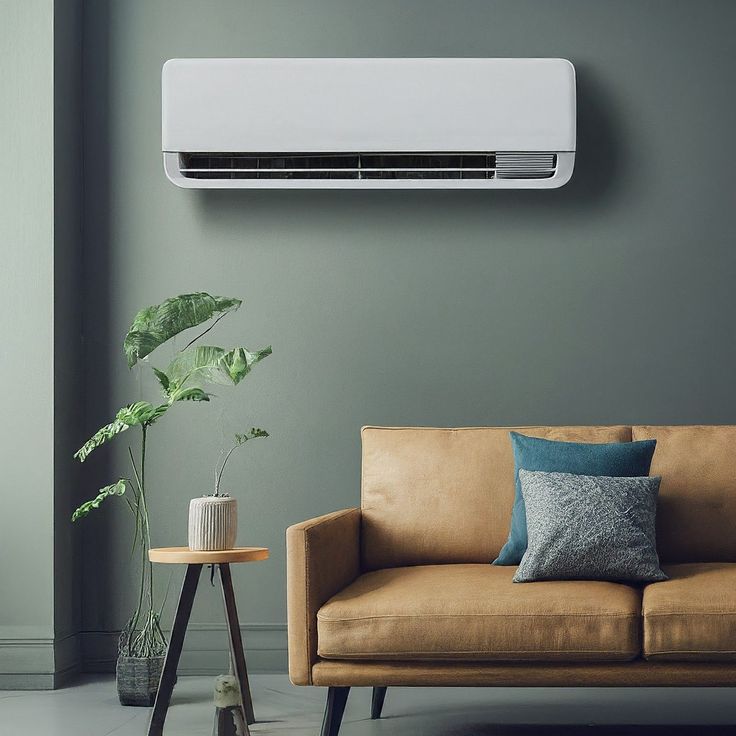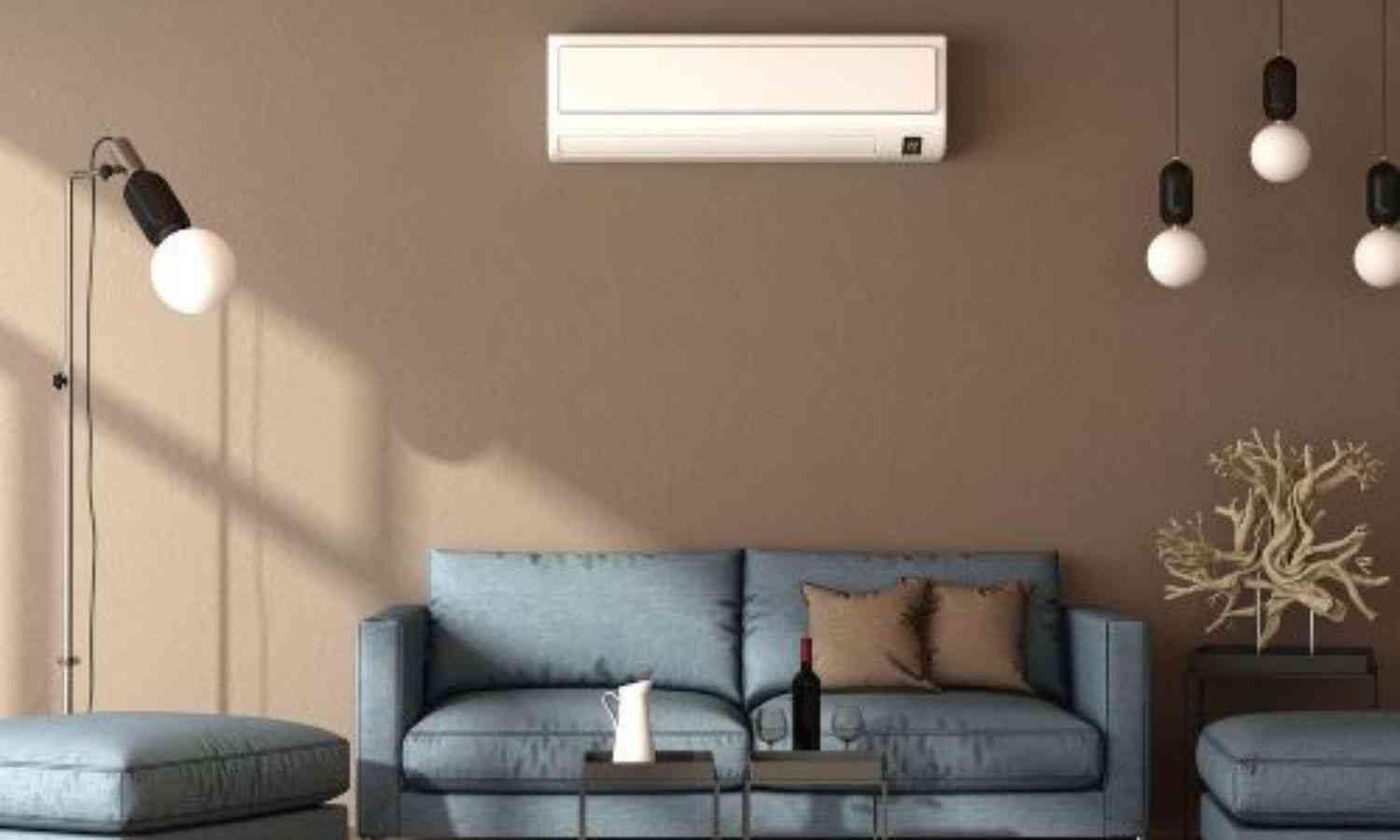When the summer sun beats down and temperatures soar, nothing feels quite as comforting as the cool breeze of a home air conditioner. Once considered a luxury, air conditioners have now become an essential household appliance in many parts of the world. Whether you live in a tropical climate with year-round heat or an area that experiences seasonal highs, investing in the right air conditioning system can greatly improve comfort, health, and even energy efficiency in your home.
This guide explores the fundamentals of home air conditioners, the types available, how they work, their benefits, maintenance tips, and how to choose the right one for your household.
How Home Air Conditioners Work
At its core, an air conditioner works on a simple principle: transferring heat from inside your home to the outside environment. The main components involved are:
-
Compressor – compresses refrigerant gas and circulates it through the system.
-
Condenser Coil – releases heat absorbed from indoors to the outside air.
-
Evaporator Coil – absorbs heat from indoor air and cools it as air passes over the coil.
-
Blower/Fan – moves air over the coils and circulates it into your living space.
Through this cycle, warm air is drawn from inside the house, cooled by the evaporator coil, and then recirculated indoors, while the extracted heat is expelled outdoors.
_1756263248.jpeg)
Types of Home Air Conditioners
There is no one-size-fits-all solution when it comes to air conditioning. The best option depends on factors such as room size, budget, installation feasibility, and energy efficiency goals.
1. Window Air Conditioners
-
Compact units designed to fit into a window or a custom slot in the wall.
-
Ideal for cooling single rooms.
-
Affordable and easy to install.
-
Downsides: block window space and may be noisy.
2. Split Air Conditioners
-
Consist of two units: an indoor unit mounted on the wall and an outdoor compressor.
-
Popular in homes due to quiet operation and aesthetic appeal.
-
Efficient for cooling medium to large rooms.
-
Require professional installation and are more expensive than window units.
3. Central Air Conditioning Systems
-
Use ducts to distribute cool air throughout the entire house.
-
Provide consistent, uniform cooling in multiple rooms.
-
Best suited for larger homes.
-
High upfront cost, but very efficient long-term.
4. Portable Air Conditioners
-
Standalone units that can be moved between rooms.
-
Vent hot air through a window with an exhaust hose.
-
Convenient for renters or temporary setups.
-
Less efficient than split or central systems.
5. Hybrid & Smart AC Systems
-
Hybrid systems can switch between electricity and fuel-based energy, saving costs.
-
Smart ACs connect to Wi-Fi and allow temperature control via apps or voice assistants.
-
These options enhance convenience and energy efficiency.
Benefits of Home Air Conditioning
Beyond just cooling a room, air conditioners provide several advantages that directly impact comfort, health, and lifestyle.
1. Comfortable Living Environment
The most obvious benefit is maintaining a cool indoor climate even when it’s sweltering outside. A steady, comfortable temperature improves sleep quality, productivity, and overall well-being.
2. Improved Air Quality
Modern air conditioners are equipped with filters that remove dust, allergens, and pollutants. This is especially beneficial for people with asthma or allergies, as it reduces irritants circulating indoors.
3. Humidity Control
Excessive humidity makes heat feel worse. AC units dehumidify the air, keeping rooms fresh, preventing mold growth, and protecting furniture and electronics from moisture damage.
4. Energy Efficiency Options
Today’s energy-efficient models use less power, helping reduce electricity bills while keeping your home cool. Inverter technology, for example, adjusts compressor speed instead of switching it on and off, reducing energy wastage.
5. Enhanced Home Value
Having an air conditioning system can increase property value, especially in regions where cooling is a necessity.
Choosing the Right Air Conditioner for Your Home
When selecting an air conditioner, several factors should be considered:
-
Room Size
-
Cooling capacity is measured in BTUs (British Thermal Units).
-
A small bedroom may need 5,000–8,000 BTU, while a large living room may require 18,000–24,000 BTU.
-
Choosing the right size prevents undercooling and energy wastage.
-
-
Energy Efficiency
-
Look for energy star ratings or seasonal energy efficiency ratio (SEER) ratings.
-
Higher ratings mean lower running costs.
-
-
Budget
-
Window ACs are the cheapest upfront.
-
Split and central ACs cost more but save on long-term running expenses.
-
-
Noise Levels
-
Split ACs are quieter compared to window or portable units.
-
Consider placement if you’re sensitive to noise while sleeping.
-
-
Features
-
Smart controls, timers, eco-mode, sleep mode, and air purifiers are added conveniences.
-
Maintenance and Care
Regular maintenance extends the lifespan of your air conditioner and ensures efficient performance. Here’s a simple checklist:
-
Clean or Replace Filters – Every 1–2 months, depending on usage.
-
Check Refrigerant Levels – Low refrigerant means reduced cooling efficiency.
-
Inspect and Clean Coils – Dirt buildup can reduce airflow.
-
Clear Condensate Drains – Prevents water damage and mold growth.
-
Annual Servicing – Professional inspection once a year ensures smooth operation.
By staying on top of maintenance, you save energy, lower bills, and avoid costly repairs.

Energy-Saving Tips for Using AC at Home
Air conditioners can be power-hungry if used carelessly. To optimize efficiency:
-
Set the thermostat between 24°C–26°C (75°F–78°F) for comfort and savings.
-
Use ceiling fans alongside the AC to circulate cool air.
-
Keep curtains and blinds closed during the hottest part of the day.
-
Seal gaps and leaks around windows and doors to prevent cooled air from escaping.
-
Schedule periodic cleaning of ducts (for central systems).
Future of Home Air Conditioning
The industry is evolving rapidly with advancements in eco-friendly refrigerants, solar-powered systems, and AI-driven smart cooling. Sustainable cooling solutions are becoming a priority as the demand for air conditioning grows globally. Future home air conditioners may rely more on renewable energy and advanced climate-control algorithms that balance comfort with minimal energy usage.
A home air conditioner is much more than just a cooling appliance—it’s a tool for comfort, health, and modern living. From compact window units to advanced central systems, there’s an option for every budget and lifestyle. Choosing the right system, maintaining it well, and using it efficiently can transform your home environment and improve quality of life significantly.
As summers get hotter and living standards rise, the role of home air conditioning will only become more vital. Investing in the right air conditioner today ensures not just a cooler tomorrow but also a more energy-conscious and comfortable future.
With inputs from agencies
Image Source: Multiple agencies
© Copyright 2025. All Rights Reserved. Powered by Vygr Media





















